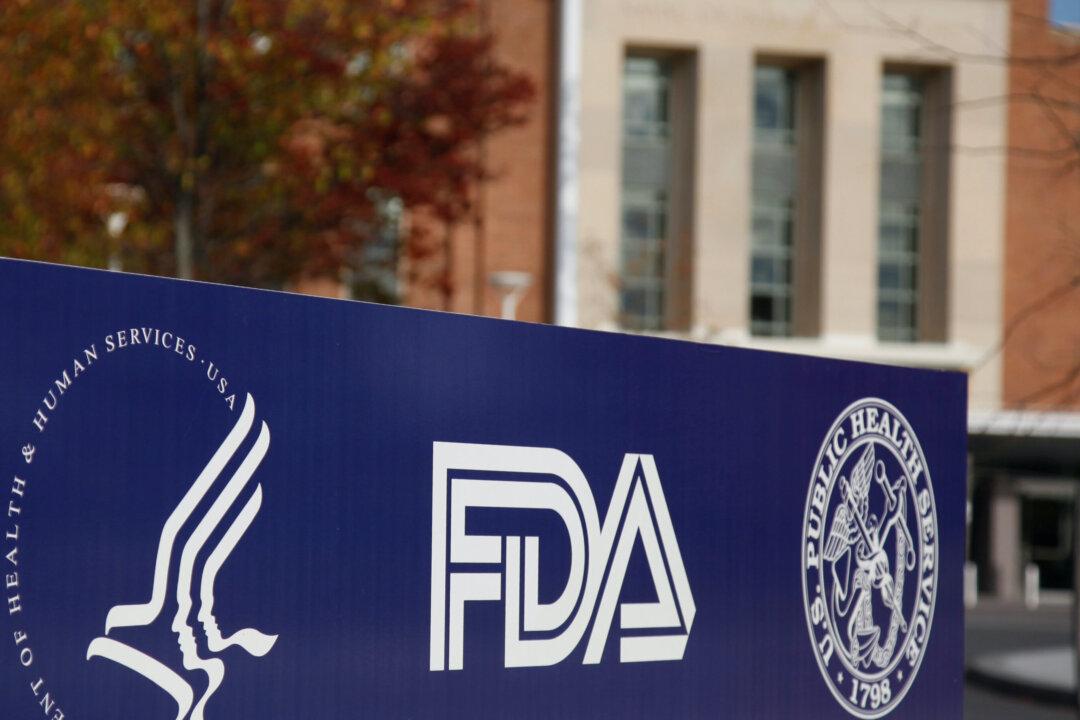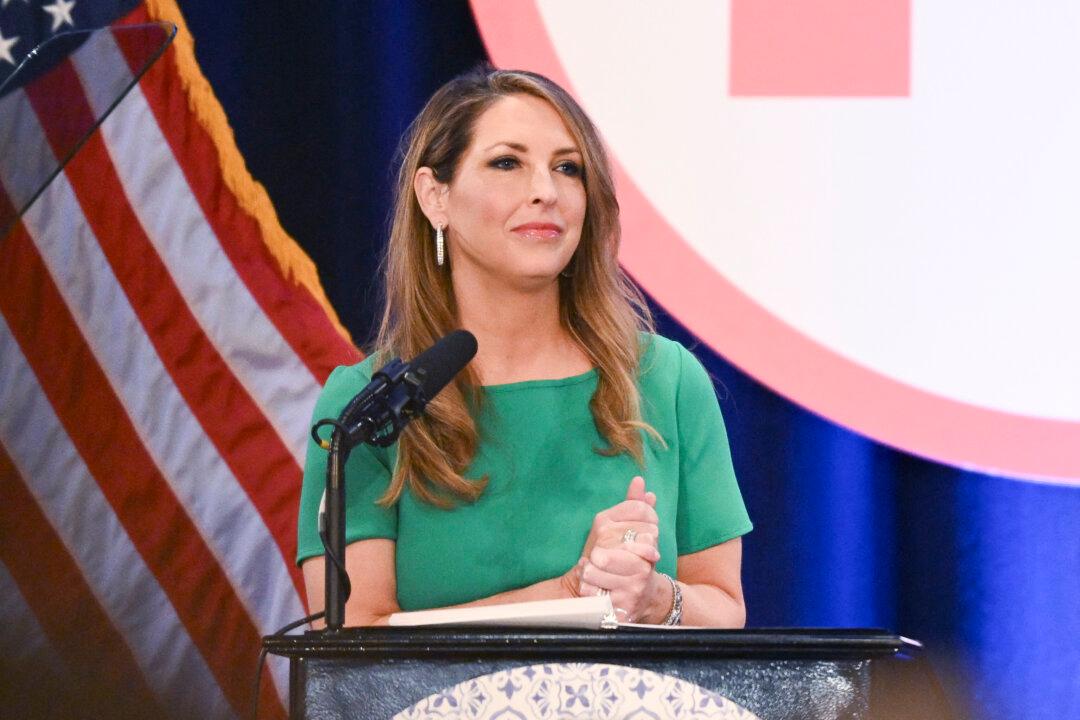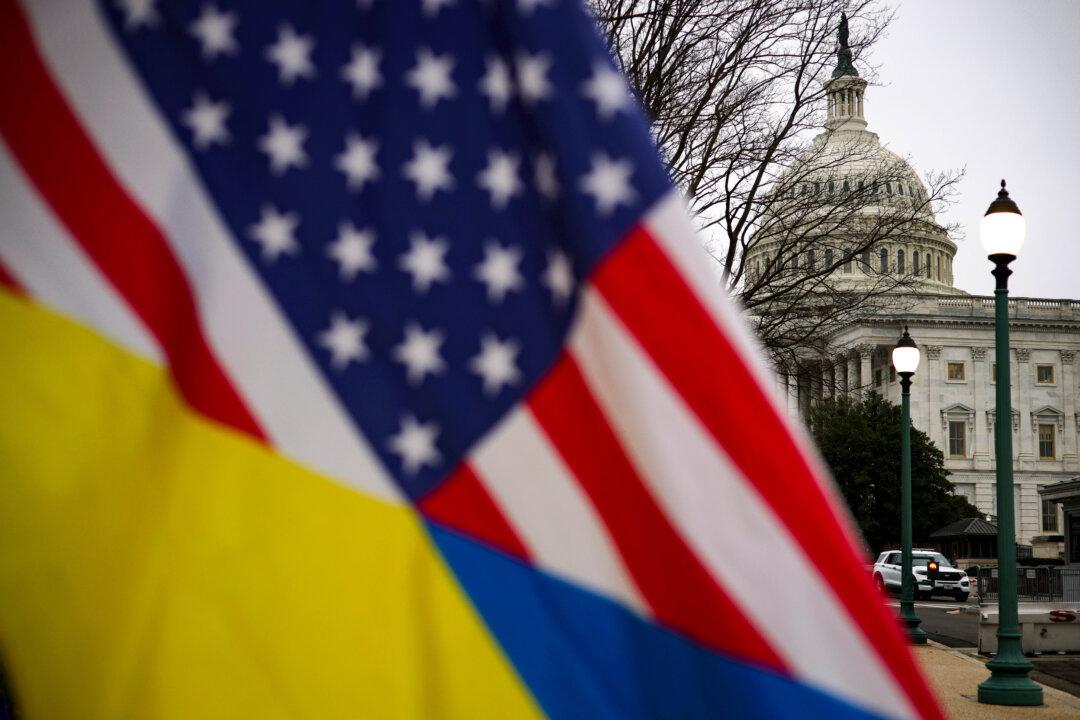President Donald Trump blamed the “deep state” or others at the U.S. Food & Drug Administration (FDA) for delaying the availability of the Chinese Communist Party (CCP) virus vaccine before Nov. 3, the day of the 2020 general election.
“The deep state, or whoever, over at the FDA is making it very difficult for drug companies to get people in order to test the vaccines and therapeutics,” he wrote in a Twitter post early morning Saturday. “Obviously, they are hoping to delay the answer until after November 3rd. Must focus on speed, and saving lives!”





